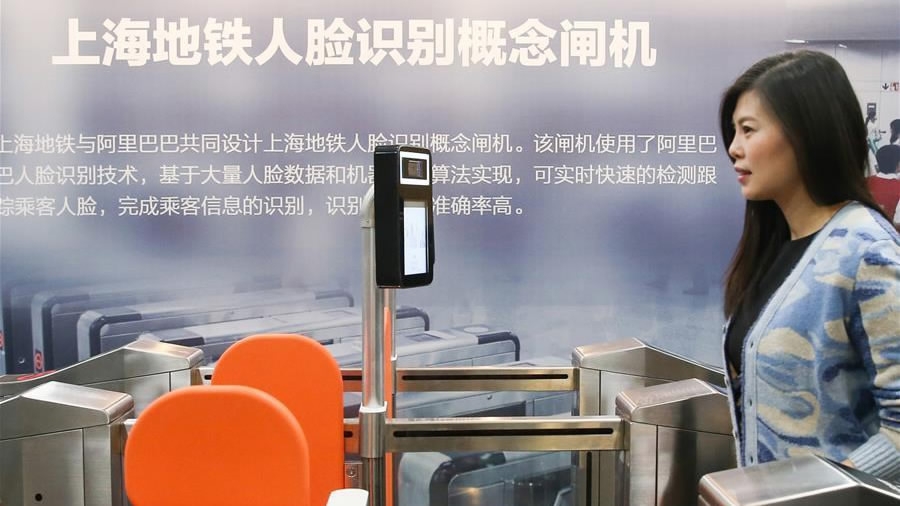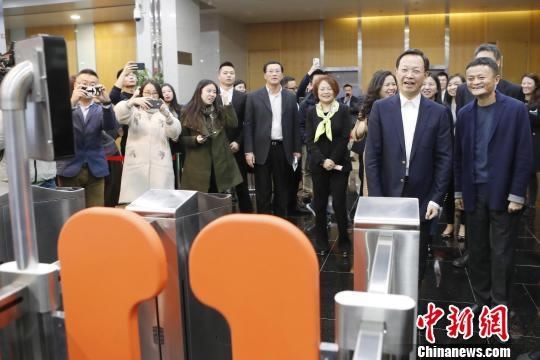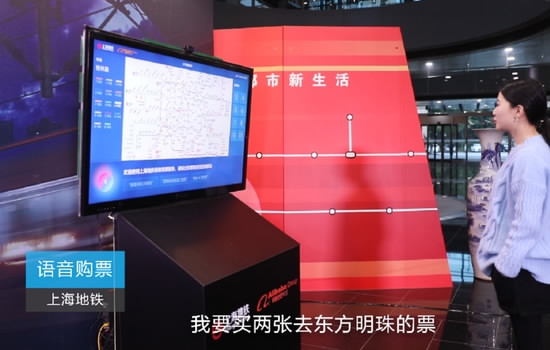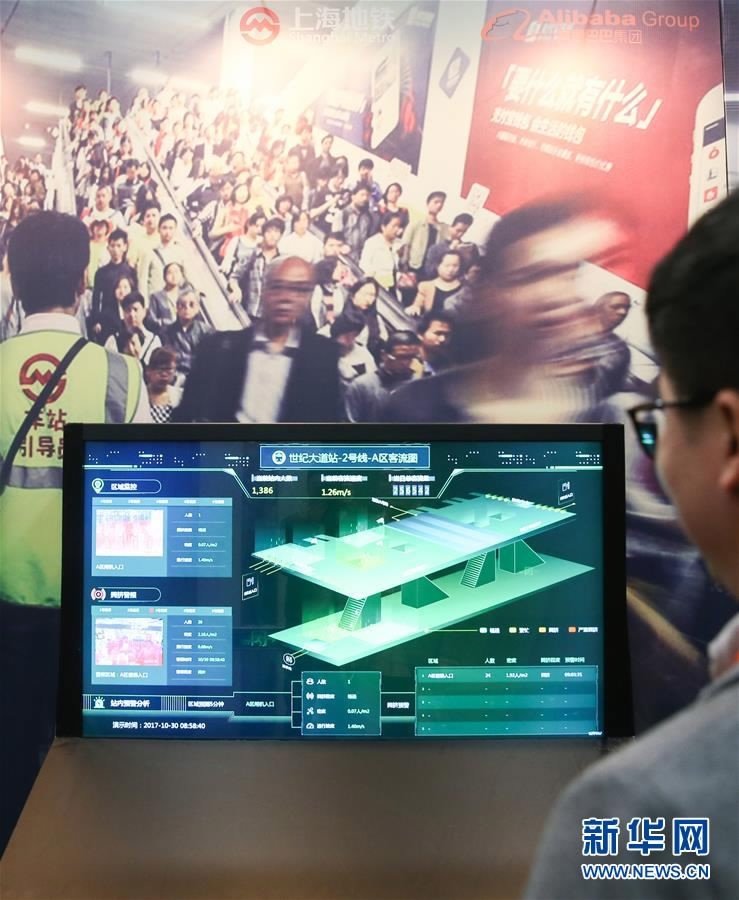
China
18:07, 08-Dec-2017
Shanghai Metro to introduce AI ticketing service
By Li Jing

Shanghai Metro has teamed up with Internet-based conglomerate Alibaba Group earlier this week to introduce high-tech ticketing services.
By early next year, passengers will be able to pay their tickets via scanning QR code in all 17 lines of subway network in Shanghai without lining up to the ticket counter.
This follows a pilot QR code payment program implemented on Maglev train connecting the city area and Pudong International Airport last month.

Alibaba Founder Jack Ma (right) visits Shanghai Metro to see the latest technology development on December 5, 2017. /China News Service Photo
Alibaba Founder Jack Ma (right) visits Shanghai Metro to see the latest technology development on December 5, 2017. /China News Service Photo
Passengers are allowed to take rides first and pay later when there is no Internet, or no money left in Alipay, the payment app affiliated to Alibaba.
This is only a small step in Shanghai Metro’s ambition to equip stations with cutting-edge technology. Facial and voice recognition are being tested, which will be put into use in the future.

Voice recognition machine/ Photo from 163.com
Voice recognition machine/ Photo from 163.com
For example, passengers can get their tickets by scanning their face, or simply naming their destination station without knowing which lines they need to take to get a ticket.
“Traditional voice interaction can only be achieved in quiet environment such as in a room or in a car. Voice ticketing is the first of its kind that can accurately recognize voice in a distance and in noisy ambiance. We’ve improved signal and visual technology to make it anti-strong noise,” said AI expert Yan Zhijie with Alibaba.

Traffic flow analysis system in Shanghai metro network/ Xinhua Photo
Traffic flow analysis system in Shanghai metro network/ Xinhua Photo
Traffic flow analysis will also be introduced to better manage the world’s longest urban railway system in the future, which is set to become the most modern and scientific one soon.

SITEMAP
Copyright © 2018 CGTN. Beijing ICP prepared NO.16065310-3
Copyright © 2018 CGTN. Beijing ICP prepared NO.16065310-3